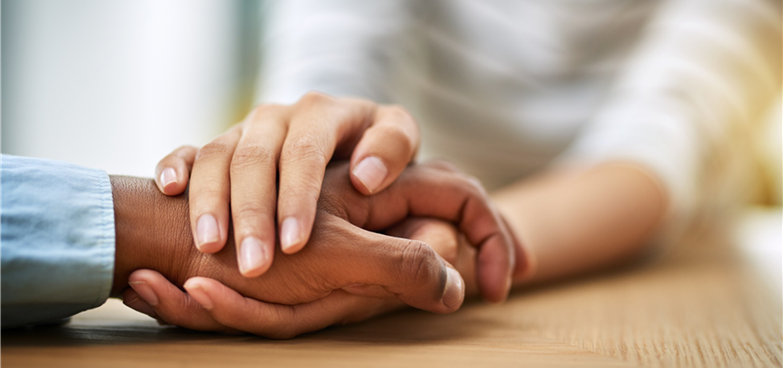A natural disaster often causes more than property damage. Even for those not directly affected, it can also bring on a lot of emotions. It is important to understand what these reactions may be and learn how to cope with them because they will impact your ability to cope and recover afterwards.
Coping With a Natural Disaster
Experiencing a natural disaster can be a sudden and overwhelming event. When your home or workplace is damaged or destroyed, it may feel like life has been turned upside down. These events are not only physically destructive but also emotionally disorienting. Feeling shaken, uncertain or afraid is a normal response. Recognizing common reactions can help you or someone you care about begin to heal.
Common Physical Responses
In the aftermath of a natural disaster, many people experience physical symptoms related to stress. You might notice changes in your sleep patterns or appetite, as well as physical discomfort like muscle tension, headaches, dizziness or an upset stomach. These responses are your body’s way of reacting to a high-stress situation. They are common and typically temporary, but they may require attention and care to manage.
Mental, Behavioral, and Emotional Effects
Mentally, you might find it hard to concentrate, make decisions or think clearly. You may feel mentally drained or overwhelmed by even small tasks. These difficulties can contribute to behavioral changes as well—such as withdrawing from others, losing energy or motivation, experiencing irritability or angry outbursts, or noticing increased tension in relationships. Emotionally, it’s common to feel shocked, angry, fearful or vulnerable. Many also feel a deep sense of loneliness or powerlessness in the face of a life-altering event.
Practical Stress Management Tips
To support your recovery, it’s essential to care for yourself both emotionally and physically. Prioritize healthy eating, stay hydrated and rest when you can. Try to limit caffeine, alcohol and other substances that can disrupt your body’s natural coping abilities. Create comforting routines, avoid isolating yourself and reduce your exposure to news coverage that can increase anxiety. Set small goals each day and focus on what you can control, which helps restore a sense of stability and confidence.
Moving Forward and Seeking Support
Remember that everyone’s experience and pace of recovery are different. Be patient with yourself, and avoid comparing your reactions to those of others. Talk openly with supportive friends or family members, and don’t hesitate to set boundaries with people who haven’t been helpful. It’s also perfectly okay to accept support from your community or to seek help from a professional counselor if needed. Reactions like trouble sleeping or feeling overly alert are common and understandable, but they often fade with time. Healing after a natural disaster takes time, compassion and ongoing support—give yourself permission to recover at your pace.
BHS is here to assist our covered members who have been affected by the devastation of the flooding in Texas. Call you BHS Care Coordinator today at 800-245-1150 to discuss your available options.
Please follow the link below to view emergency resources that will help those affected with their most basic of necessities.


